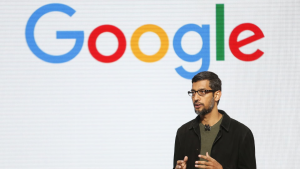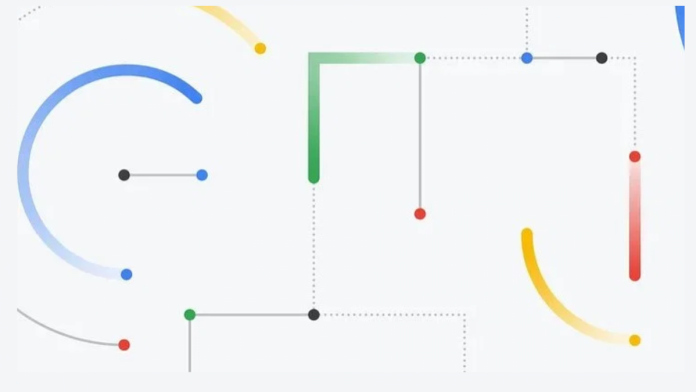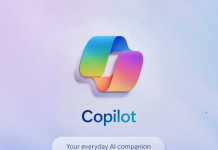Google on Monday announced a new chatbot called “Bard” to compete with the viral success of ChatGPT.
Sundar Pichai, CEO of Google and parent company Alphabet, said in a blog post that Bard will be opened up to “trusted testers” starting Monday, with plans to make it available to the public “in the coming weeks.”
Similar to ChatGPT, which was unveiled by artificial intelligence research firm OpenAI in late November last year, Bard is built on a large language model. These models are trained on huge online databases to provide compelling responses to user prompts.
“Bard seeks to combine the breadth of the world’s knowledge with the power, intelligence and creativity of our large language models,” Pichai stated. “It draws on information from the web to provide fresh, high-quality responses.”

The announcement comes as Google’s core product – online search – is widely thought to be facing its most significant risk in recent years. In the two months since its launch, ChatGPT has been used to create essays, songs and lyrics, and to answer a number of questions that could previously have been Googled.
The massive attention given to ChatGPT prompted Google officials to declare a “code red” situation for their search business. Gmail co-creator Paul Buchheit warned in a tweet last year that Google could be just a year or two away from complete disruption due to the rise of artificial intelligence.
Microsoft, which has confirmed plans to invest billions in OpenAI, has already said it will include the tool in some of its products – and will reportedly integrate it into its Bing search engine. On Tuesday, Microsoft plans to hold a news event at its Washington headquarters, the theme of which has not yet been revealed. Microsoft announced the event publicly shortly after Google’s AI news dropped on Monday.
The underlying technology behind Bard has been around for a long time, although not widely available to the general public. Google announced its Language Model for Dialog Applications (or LaMDA) about two years ago, and on Monday announced that the technology is powering Bard. LaMDA made headlines late last year when a former Google engineer claimed the chat was “sentient”. His claims have been widely criticized in the AI community.
Pichai also said Monday that AI-powered tools will soon begin rolling out on Google’s flagship Search tool.
“Soon, you’ll see AI-powered features in Search that distill complex information and multiple perspectives into easy-to-digest formats, so you can quickly understand the big picture and learn more from the web,” Pichai wrote, “whether that’s seeking out additional perspectives, like blogs from people who play both piano and guitar, or going deeper on a related topic, like steps to get started as a beginner.”
As Google moves further towards incorporating an AI chatbot into search, there may be certain risks involved; as these tools are trained on online data, experts have found they can perpetuate biases and spread misinformation.
“It’s critical,” Pichai wrote in his post, “that we bring experiences rooted in these models to the world in a bold and responsible way.”







